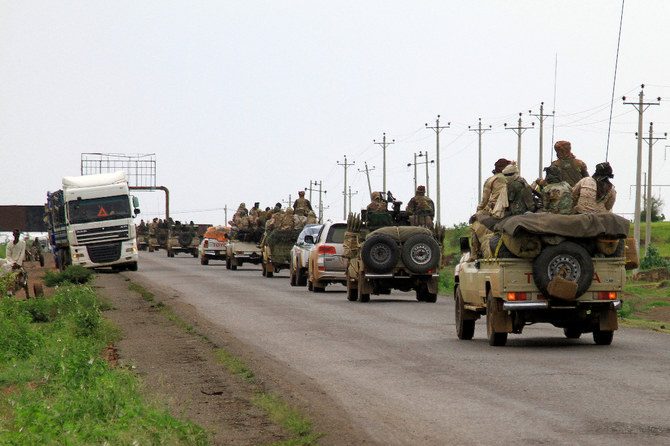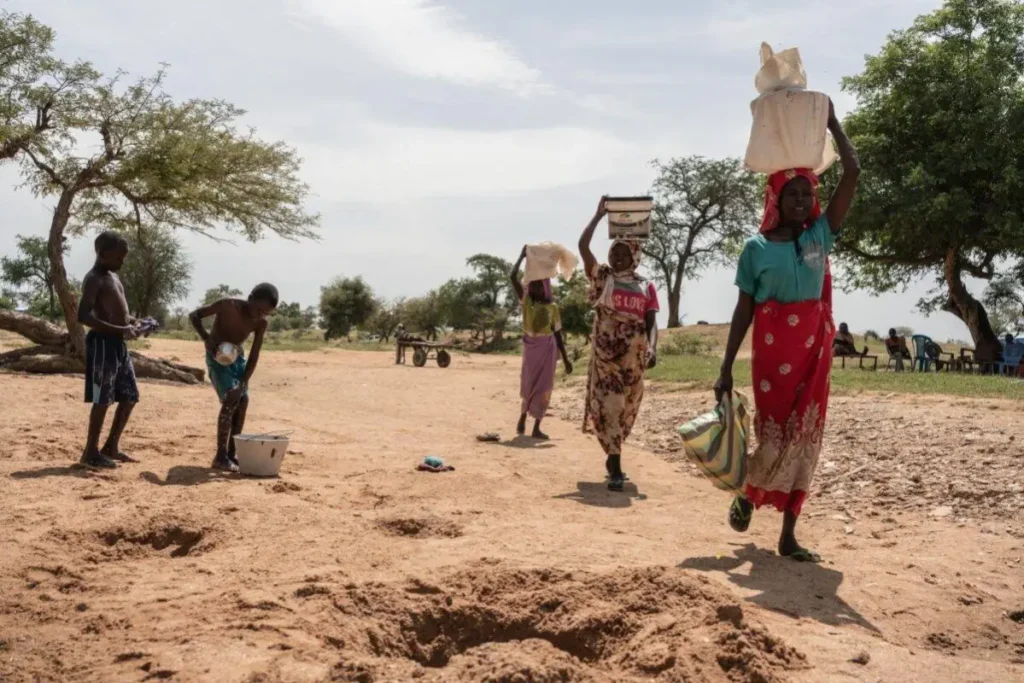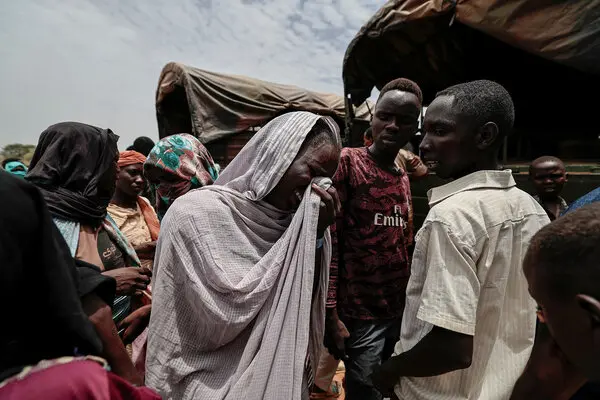
The United Nations has issued a dire warning about the devastating impact of a year-long war in Sudan, which has displaced hundreds of farmers and put the nation’s food security at risk.
Farmers like Saleh Abdel Majid from Al-Jazira state have been forced from their once-fertile lands with little hope of returning, while those who remain face significant challenges such as water scarcity and lack of fertilizers.
Rein Paulsen, director for emergencies and resilience at the UN Food and Agriculture Organization, emphasized the urgent need to address the food security crisis, describing it as a “race against time.”
The conflict, which erupted between Sudan’s regular army and RSF, has resulted in widespread displacement, tens of thousands of casualties, and acute food shortages.
The situation is particularly dire in regions like Darfur and Kordofan, where communities are vulnerable and in need of support. The World Food Programme has warned of a potential famine, with significant declines in food production reported across the country.
Eddie Rowe, Sudan director for the WFP, highlighted the staggering decrease in food availability, exacerbated by economic challenges and widespread hunger.
The conflict has severely disrupted agricultural activities, with large swathes of land left uncultivated due to fighting. Mohamed Suleiman, a corn farmer from Gedaref state, noted the closure of companies supplying essential agricultural inputs like fertilizers and pesticides. As a result, only a fraction of agricultural land is currently being cultivated, posing a significant threat to food production.
With the main planting season approaching, urgent action is needed to support farmers and ensure food supplies. However, ongoing fighting and logistical challenges have hampered relief efforts, leaving millions of Sudanese at risk of famine.
The international community has pledged aid to Sudan, but more support is needed to address the escalating humanitarian crisis and prevent further devastation to the country’s agricultural sector.




